South Korea has established a reputation for its strong commitment to innovation, consistently ranking among the top countries worldwide in research and development (R&D), patents, creativity, and corporate-academic collaboration. The government has collaborated closely with industry partners “chaebols” such as SK Group and Samsung to foster a culture of innovation and drive technological advancements.
It was during the 1980s that South Korea first witnessed the emergence of startups. While South Korea may not have traditionally been renowned for entrepreneurship, the country has been experiencing a significant shift in recent years, demonstrating a growing entrepreneurial spirit. Evidence of this is seen in various aspects of South Korea’s evolving business landscape. For instance, the country has witnessed a surge in startups and venture capital investments and is now home to several unicorns and thousands of successful startups. This was made possible through government initiatives including tech incubator programs, the creation of a ministry of SME’s as well as considerable support for self-employment. All this created a favorable environment for entrepreneurship, allowing for newly opened ventures to scale across Asia. South Korean startups have gained global recognition, successfully launching innovative technologies and services in sectors such as technology, e-commerce, entertainment, and cosmetics. This emergence of a vibrant startup ecosystem and the recognition received by South Korean entrepreneurs are clear indicators of the changing perception and increasing prominence of entrepreneurship in the country.
What is even more promising is the focus on social entrepreneurship. Some research indicates that South Korea is among the countries that went the furthest in the promotion of social enterprise models. South Korea introduced the Social Enterprise Promotion Act in 2007, supporting the development of social enterprises. The active promotion of social enterprises has led to several successful ventures focused on job creation, health care, the environment, poverty reduction, education and more. These ventures are supported by a strong entrepreneurial ecosystem and infrastructure including incubators, accelerators, prize competitions, co-working spaces and communities such as K-Startup, Spark Labs, and Google for Startups Korea. Additionally, South Korea has a thorough social venture valuation model used to determine the innovation and growth potential of ventures.
It appears that the essential elements of a thriving ecosystem, including policy, physical infrastructure, financial support, corporate engagement, and robust networks, have been effectively established. So, what are the effects of such an ecosystem? Well, extensive research on the impact of social entrepreneurship in regional economic development within the country showcases how social entrepreneurship can serve as a viable model that holds relevance for application in other regions. A remarkable example of development through social ventures can be seen in the education sector. Social enterprises have introduced novel approaches to tackle educational inequality and enhance learning outcomes. Through utilizing technology, creative teaching methodologies, and community involvement, these initiatives have empowered underprivileged communities, narrowed the education gap, and created a skilled workforce for the future.
Many countries can learn a thing or two from this robust ecosystem.
Article written by: Emmanuel Moges, Venture Fellow at FedTech



